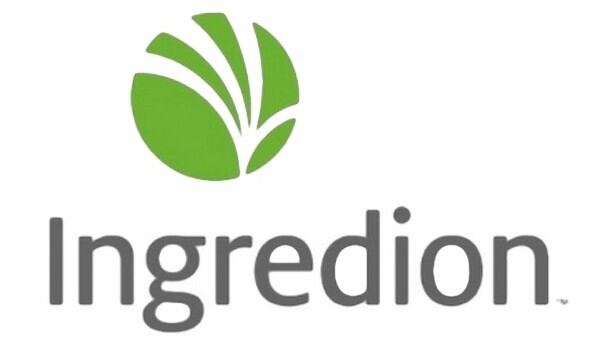The US firm announced a US$60 million investment to grow its specialty food ingredients business in APAC recently.
China will be one of the investment priorities.
For instance, investments will be pumped into 1) completing a 30% expansion of its modified food starch capacity and to 2) further improving its corn wet-milling capacity in China.
FoodNavigator-Asia spoke to Valdirene Licht, Ingredion senior vice president and president APAC to find out more about the firm’s business priorities in APAC.
“(A) priority for us is China…The investments we have made recently is to expand our capacity in propylene oxide (PO) based starch,” she said.
PO-based starch is a type of starch that provides shelf-life stability base in a variety of conditions, such as frozen, refrigerated, and air-conditioned environment.
“This project, we have completed the phase 1, we are finalising phase 2, and in the end of this year we will have completed the expansion," Licht said, referring to the factory located in Shanghai. The factory manufactures modified starches from corn, waxy corn, and tapioca.
“We plan to continue to grow in China and we are going to have next wave of investments,” she revealed.
The company currently has three plants in China, one of which is in Shandong, and was acquired by the firm in 2016.
Jim Zallie, president and chief executive officer at Ingredion added that “growing our global specialties business to $2 billion in annual sales by 2022 is an integral part” of the firm’s strategy to “deliver long-term profitable growth and enhance shareholder value.”
Thailand
Besides China, Ingredion is also investing in Thailand to meet growing demand for tapioca starch.
For instance, it aims to expand its tapioca modified food starch capacity in Thailand by 20%.
In addition, it intends to double the capacity and increase the regulatory standards of its specialty rich starch and rice flour business in the country.
“We have four plants in Thailand today, we are upgrading the plants we have,” Licht said.
“We have been in Thailand for more than 30 years. We have a good footprint in Thailand.”
It is also upgrading Thailand’s waste water treatment processes to meet local regulatory standards.
Besides China and Thailand, Ingredion currently has manufacturing facilities in Korea and Australia.
India – the up and coming market
A less restrictive regulation on the use of modified starches in India has provided new opportunities for Ingredion.
In 2016, the Food Safety and Standards Authority of India (FSSAI) announced that modified starches could be used in processed foods under the conditions of Good Manufacturing Practice.
Previously, the maximum permissible limit of modified starches in ready-to-eat products was 0.5%.
In India, tapioca starches could be used in a range of food applications including sauces, dressing and even tapioca pearls – a type of stapled food in India, Licht said.
“Today we are selling in India already and we have a team in India. It is very recent, it is another market that will grow.”
The firm currently supplies specialty starches to India via different existing factories.
Virtual Lab
Ingredion launched a virtual lab named INSIDE IDEA LABS earlier this month, with the goal of giving customers online access to expertise developed in the firm’s brick-and-mortar innovation centres.
The lab showcases technical resources and sample formulations, how-to videos and responses to questions that customers frequently ask about topics such as sugar reduction, protein enrichment and beverage emulsification.
The virtual lab provides solutions specific to regional and market demands. For APAC, a virtual beverage lab will be launched first, followed by a dairy lab.
Tapioca starch still priority despite price hike
A spike in the cost of raw tapioca had led to lower operating income for Ingredion recently. Despite so, tapioca starch business would remain as a key priority for the company, Licht emphasised.
The price index of tapioca starch was US$340/metric tonne in January last year, according to the Thai Tapioca Starch Association.
The figure grew by 50% to reach US$510/metric tonne as of Sep 25 this year.
The firm is trying to increase production volume to cope with the price hike.
“You can see it is a big increase right, it impacted us of course…What we did was to absorb part of this impact, tried to sell more orders, and increased production volume to compensate a bit,” she said.
The company expects to recover in the next six to nine months from the price impact, and stressed that it was committed to producing tapioca products.
“There was a lack of raw material which pushed the prices up, this means that there is a good demand for tapioca. APAC is a big consumer of tapioca starch.”
“The price is a temporary situation. We expect to recover in the next six to nine months from the price impact. This will not affect our plans for growing demand for tapioca. We are committed to this market.”
“We want to continue developing tapioca innovations because it is a great starch.”
The second quarter and year-to-date operating incomes for Ingredion APAC were $27 million and $50 million, which were $3 million and $10 million respectively lower as compared to a year ago.
“APAC operating income flat to down due to prolonged higher tapioca costs,” the firm said in its 2018 second quarter results.



